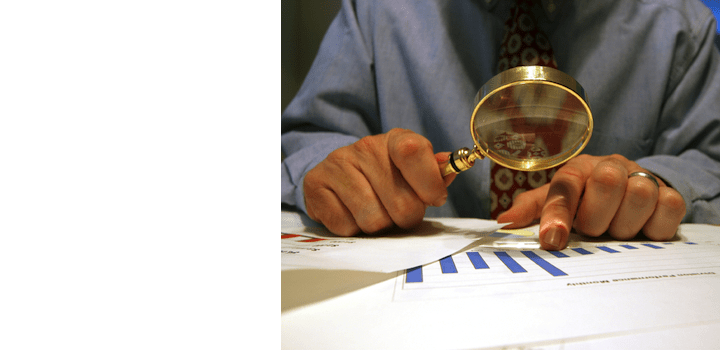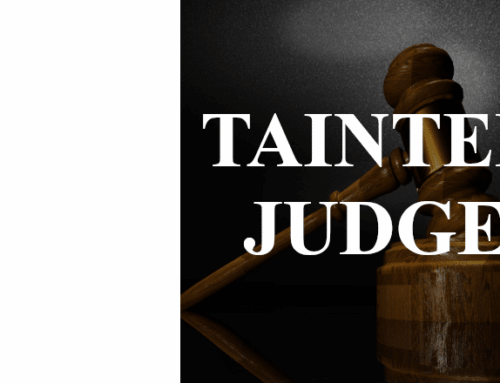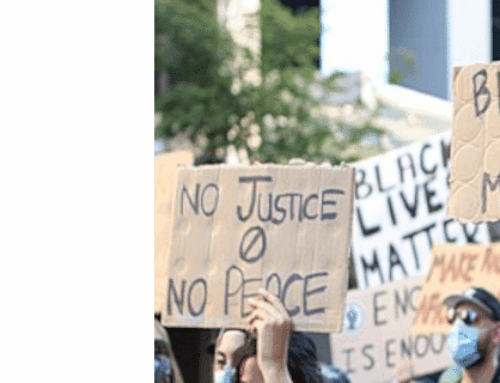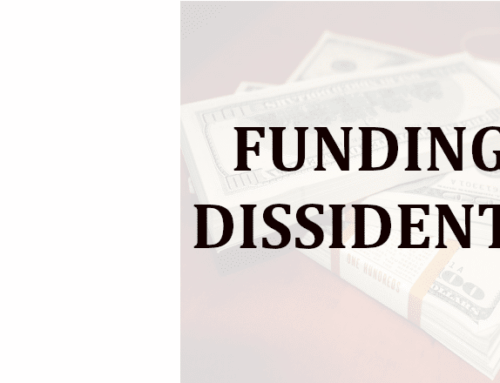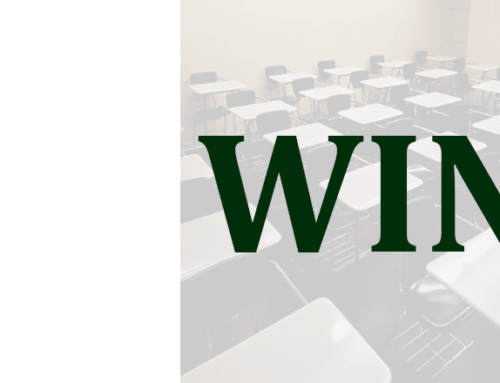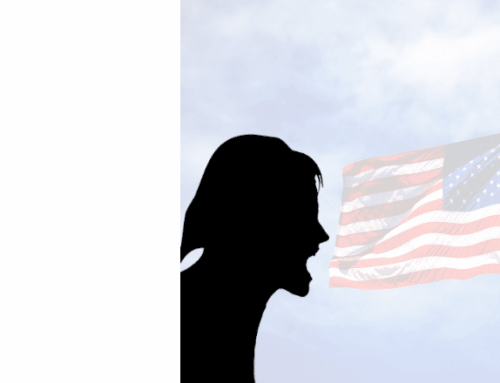Catholic League president Bill Donohue comments on new guidelines for private schools in New York State:
There is a proper, but limited, role for government in seeing to it that private schools meet certain academic standards. This is not controversial. Problems begin, however, when oversight slides into meddling. For private schools in New York State, this has now emerged as a legitimate concern; religious schools have the most to fear. New rules governing private schools will soon be issued.
The proximate cause of the new guidelines for private schools, as announced by Education Commissioner MaryEllen Elia, are conditions that inhere in some Orthodox Jewish yeshivas. There have been complaints from some of the parents who send their children to these schools that the time spent on religious studies is excessive; this allegedly comes at the expense of time spent on basic academic subjects.
[Note: The source of most of the complaints are schools in Kiryas Joel, an Orthodox Jewish community 45 miles northwest of New York City. In 1999, the Catholic League filed an amicus brief in support of the right of Orthodox Jews in Kiryas Joel to maintain their own school district for disabled children. We did so to protect their religious rights.]
Current law mandates that private schools must offer an education that is “substantially equivalent” to that provided by public schools. This means, for instance, that the academic achievement scores of students in private schools—in such subjects as math, English, history, and science—should be roughly the same as those tallied in public schools. The new guidelines, which will soon be published, will address what happens when private schools fail to meet expectations.
For many private schools, especially parochial ones, this is not a problem: their scores are well above their public counterparts. But what happens if a religious school fails miserably? Under the new guidelines, public funding would be cut, impacting the entire school. Of paramount concern is the scope of public oversight of private schools.
How much authority will public school superintendents be given in their oversight role of private schools? From what we know, they will be asked to inspect the curriculum and instructional material used in private schools. Visitation rights will be granted, allowing public officials to sit in on classes, all in the name of assessing how private schools—many of them religious—are conducting themselves.
There’s the rub: The guidelines run the risk of allowing the state to encroach on the First Amendment rights of religious schools. It is one thing to assess private schools; it is quite another to police them. Previous rulings by the U.S. Supreme Court rightly protect the autonomy of religious schools, so the guidelines had better not cross church and state lines.
Surely there is a way to address poor performing private schools without inviting a new series of lawsuits. The more narrow and specific the scope of authority awarded to those who will assess private schools, the better.


